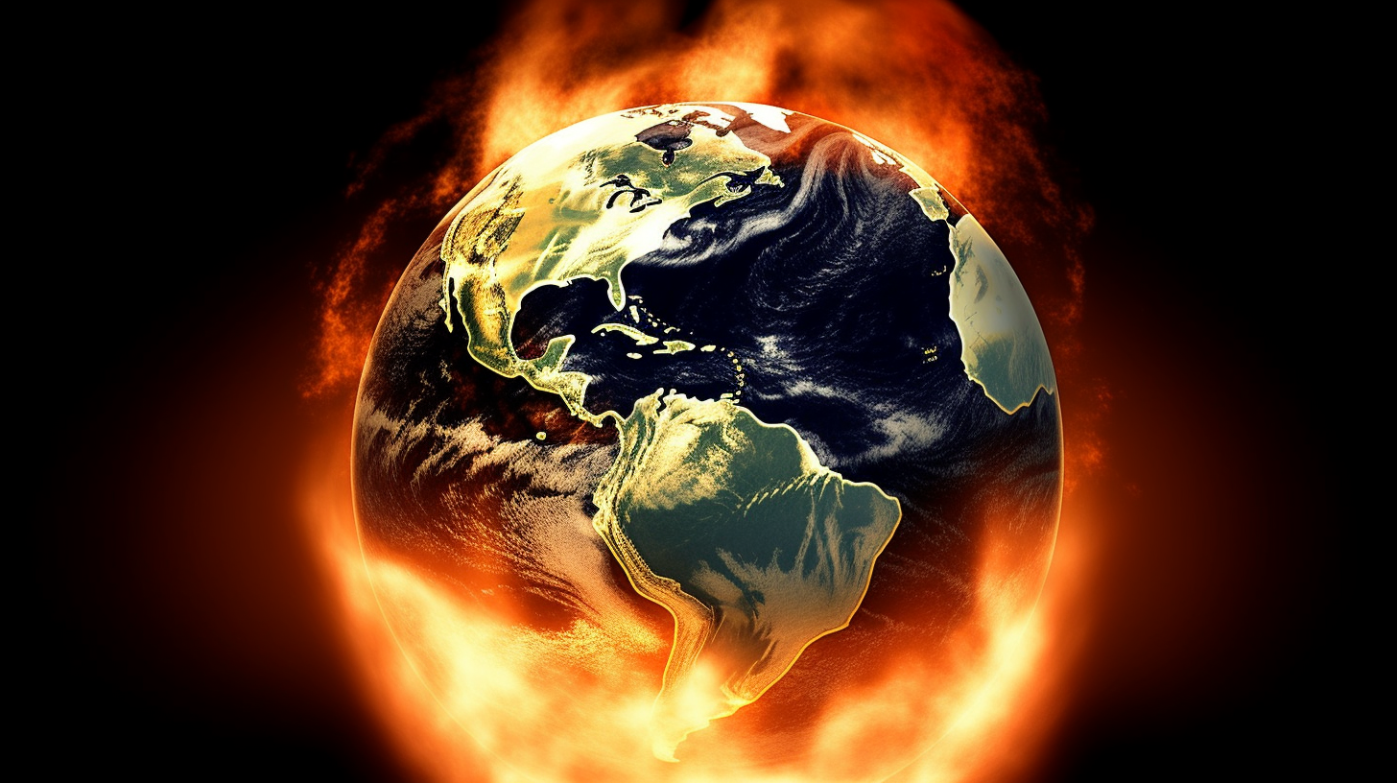The alarming impact of global warming on our health
Global warming is one of the greatest threats facing humanity today, and it is not just a problem for the environment. The rise in global temperatures is having a profound impact on our health, with consequences that are often overlooked or misunderstood.
The link between global warming and health
Climate change is causing changes in weather patterns, which in turn are affecting our physical health. Extreme heatwaves, for example, can cause heat stroke, dehydration, and other heat-related illnesses. Rising temperatures also contribute to the spread of infectious diseases, such as malaria and dengue fever, which are transmitted by mosquitoes that thrive in warm, humid conditions.
Air pollution is another health risk associated with global warming. As temperatures rise, so do the levels of ozone and other pollutants, which can exacerbate respiratory conditions like asthma and cause lung damage. Fine particulate matter, which is also linked to climate change, can penetrate deep into the lungs and cause heart attacks, strokes, and other cardiovascular problems.
The impact on mental health
Global warming is not only affecting our physical health but also our mental health. The stress and anxiety caused by extreme weather events like hurricanes, floods, and wildfires can have long-term effects on our wellbeing. The displacement and trauma caused by climate-related disasters can lead to depression, post-traumatic stress disorder, and other mental health issues.

The effects on food and water
Climate change is also affecting our food and water supplies, which has a direct impact on our health. Rising temperatures are reducing crop yields and making it harder to grow food in certain regions. This is leading to food shortages and malnutrition, which can cause stunted growth, weakened immune systems, and other health problems.
Global warming is also affecting our water supplies. Droughts and heatwaves are causing water scarcity, which can lead to waterborne diseases and dehydration. In some areas, the warming of oceans is causing toxic algal blooms, which can contaminate seafood and cause illness.
What can we do?
The impact of global warming on our health is a complex problem that requires a multifaceted solution. Governments, businesses, and individuals all have a role to play in reducing greenhouse gas emissions and slowing the pace of climate change.
At the individual level, we can make changes in our daily lives that help to reduce our carbon footprint. This includes reducing energy consumption, using public transportation, eating a plant-based diet, and supporting renewable energy sources.
Governments can take action to limit greenhouse gas emissions through policies and regulations, such as carbon taxes and renewable energy mandates. Businesses can also reduce their carbon footprint through sustainable practices like energy efficiency and responsible sourcing.
Conclusion
Global warming is not just an environmental issue; it is a health emergency that affects us all. The impact of climate change on our health is a complex and multifaceted problem that requires action at all levels. By taking steps to reduce our carbon footprint and promote sustainable practices, we can help to mitigate the harmful effects of global warming on our health and wellbeing.

